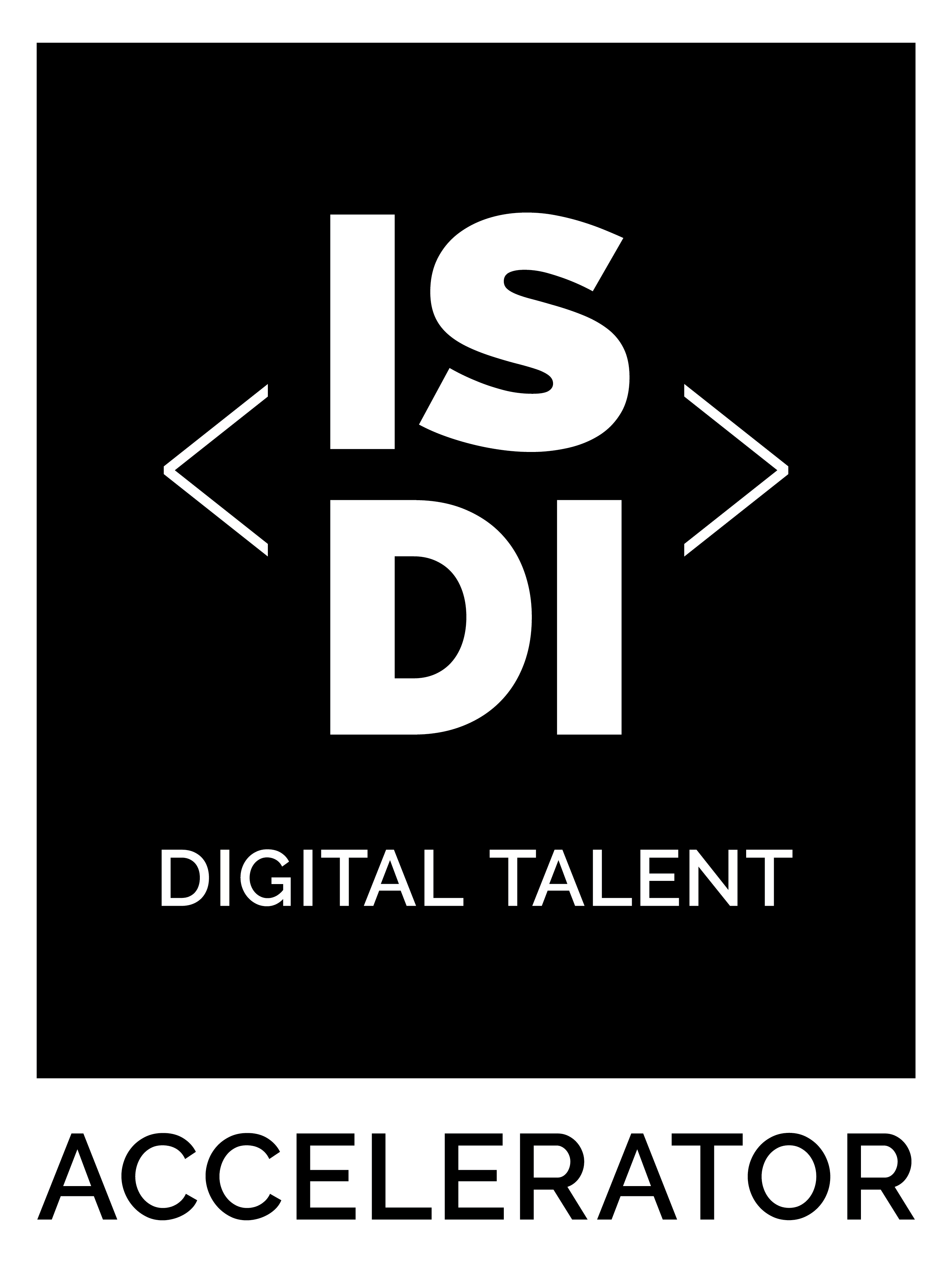Definitive No-Go’s when pitching
When you’ve been part of a fair number of startup competitions, jury days and demo days, and you’ve analyzed thousands of startups of all types and sizes, you develop a sixth sense for evaluating companies. Brought to you by Miguel Ángel Díez Ferreira, Director of ISDI Accelerator, here are some tips to avoid mistakes in your pitch.
It’s like a spider sense. There are times that in seconds you have already discarded the startup, or on the contrary, it hooks you. It’s a set of factors and intangibles related to what is being told, but also how it is being told. But if there is something definitive, those are the “red flags”. They are the most common mistakes that I have come across, and they lead to a more than probable disqualification of the startup. Here you have them in case it helps you to know them:
1. No clear “unique selling proposition”
There is no differentiation from the competition, it is not explained in what you are better or different, or why your project is special, so there is no clear competitive advantage. It is the most common mistake.
2. Unprofessional deck
Too long (more than 12 slides), poor or downright awful design, not responding to key concepts (problem, solution, competition, market, team, go-to-market …) and not following any of the usual templates that are available and free online.
3. Lack of team / commitment
An entrepreneur without a team or partners, who has not been able to find partners for his/her groundbreaking project (bad sign). Or a part-time team of several, where no one is dedicated exclusively to the project (very clear red flag).
4. Excessive focus on fundraising
It is the typical project where a lot of things are going to be done… but only if they get the financing round. If there is no money, there is no plan, usually it is just a powerpoint and little else.
5. Empty words, buzzwords.
Quality, client centric, leadership, use of trendy technology but without explaining how and for what (AI, machine learning, blockchain or whatever). It is the “consulting touch” that, frankly, doesn’t fool anyone.
6. What is this about?
It is not only the lack of storytelling in the presentation, it is that what you offer is not understandable. This is much more common than it seems, by the way, especially in “technical” founders, and also in certain types of consultants.
7. In love with the product, everything else is missing.
Entrepreneurs who tell you to the last detail how their product works, including a demo, but forget to mention, Biz strategy, pricing, go-to-market, TAM SAM SOM, team, competition, income lines, etc., etc.
8. Technical solution looking for the problem
They grow like mushrooms when a technology becomes popular: “blockchain for…” startups, etc. They come to nothing because they are a technology in search of a problem to solve, and startups that work seek to solve a problem and not the other way around.
9. Lack of ambition
Good product, team, execution, analysis … all great, but they raise small growths, they are not looking for fundraising or ask for very little, they don’t want to take risks… A real shame. Also very common.
10. Excessive triumphalism
On the contrary to the previous one: without having validated anything, they already tell you that they are going to beat Google or Microsoft in areas where they are already winning. And of course, they ask for a lot of money without having validated anything.
11. All-in-one solutions, they try to cover too much
They are like a mixed bag, platforms that try to offer all the possible functionalities for a certain market or client. Jack of all trades, master of none.
12. Now yes, finally now is the good one
Companies that have been trying to find their way for many years, but have not succeeded, but now (with the money or with the acceleration) it is going to be their moment. They do not usually justify how or why exactly now is the time.
13. Side projects
Startup project that arises from a company that does many other things and with a business going on, that wants to launch a new product. There is only one way to make it work: spin off, dedicated team, and risk taking. It does not usually happen.
Sure there are more, but these are the most obvious mistakes to me. That said, of course I can make a mistake in the selection, and leave out projects with potential. In any case, I hope it helps entrepreneurs improve their pitches.
Miguel Ángel Díez Ferreira, Director ISDI Accelerator.
You can find the original thread here.




